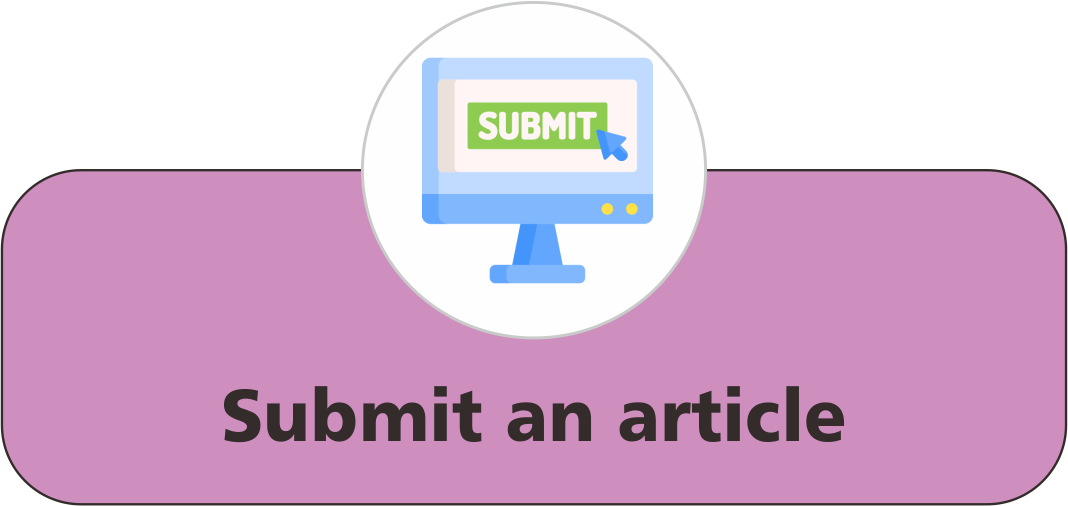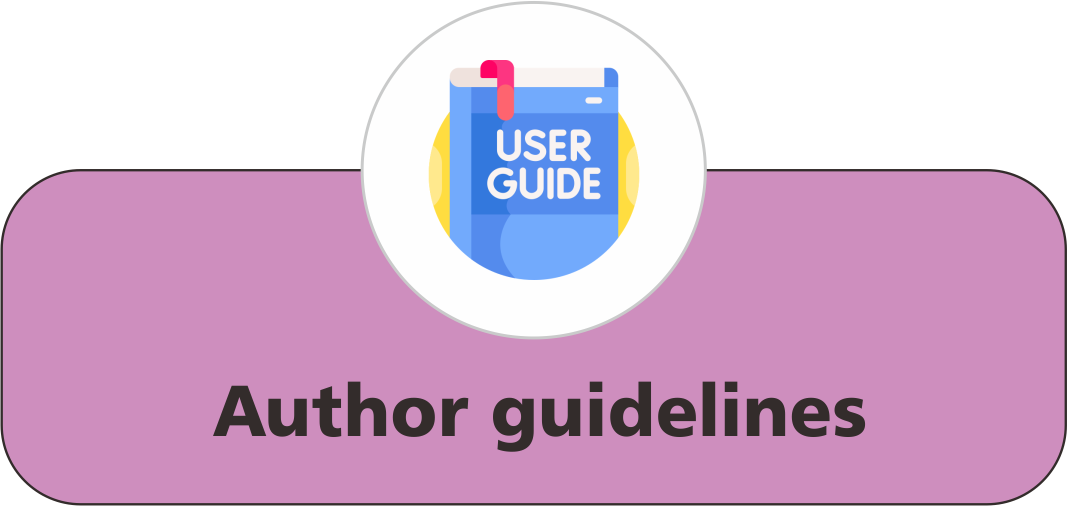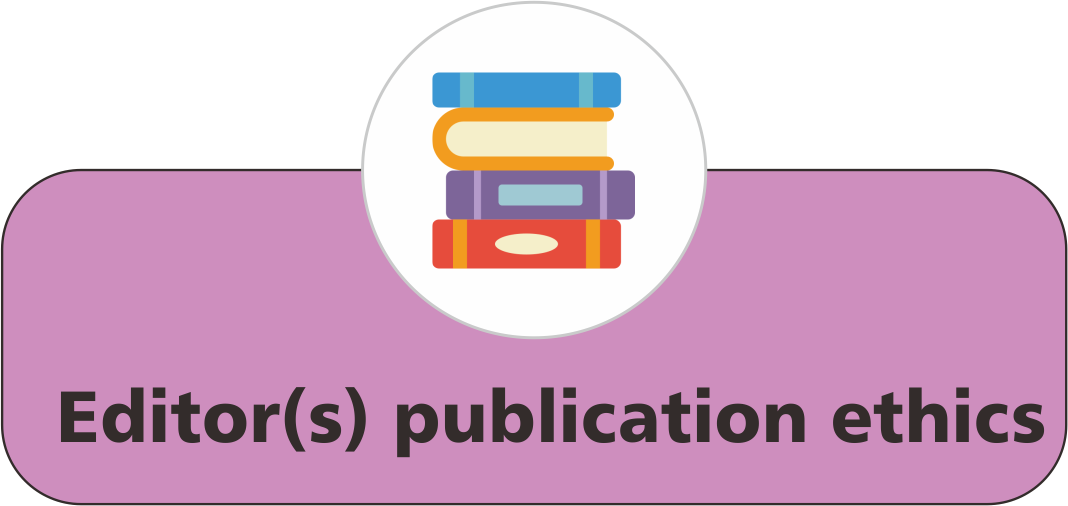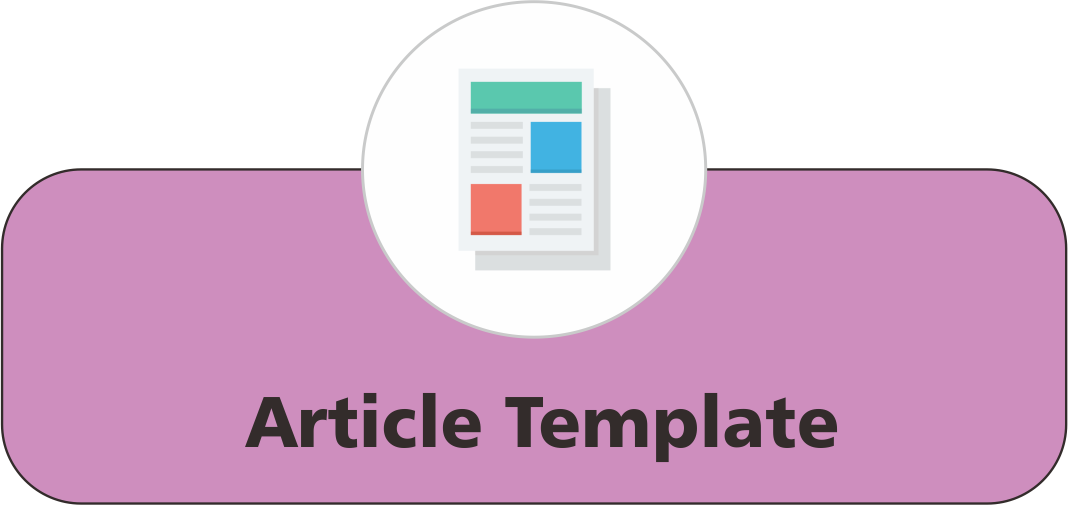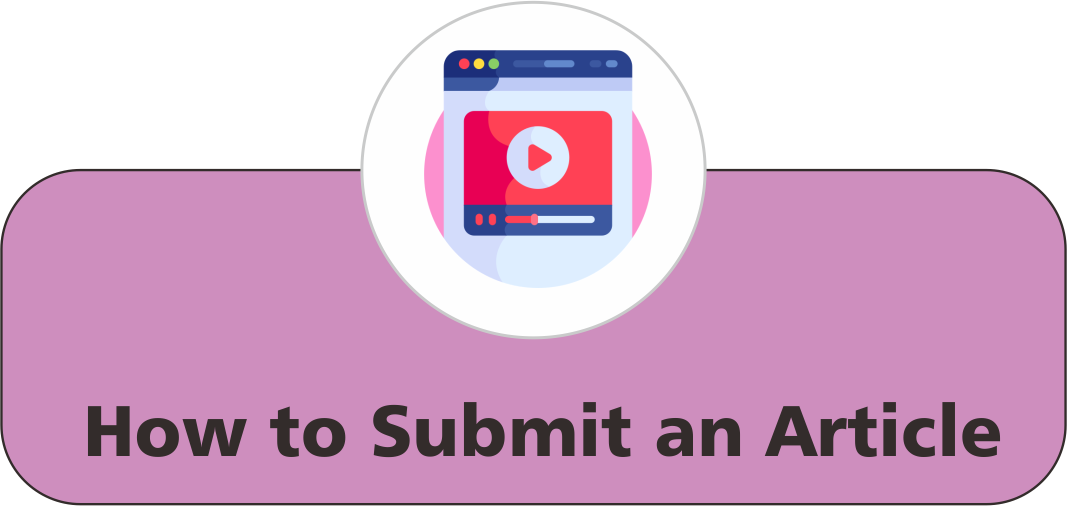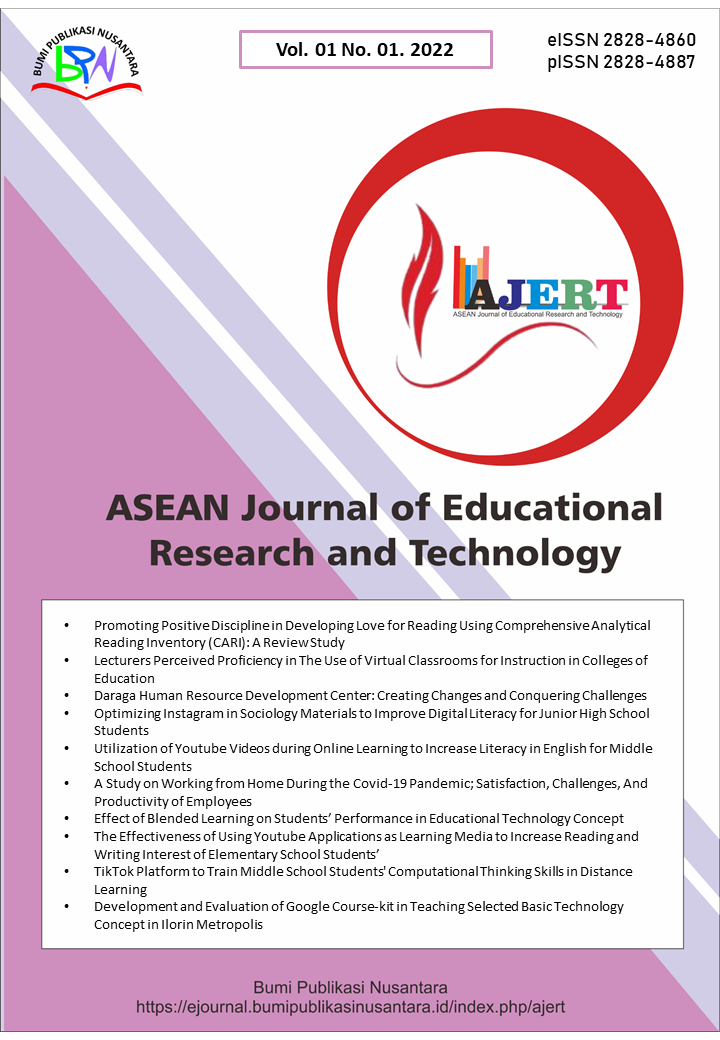Personalized Sustainability Education in the Digital Age: Effects on Learner Engagement and Environmental Awareness to Support Sustainable Development Goals (SDGs)
 ), Duhita Savira Wardani(2), Trisna Nugraha(3), Galih Septiyan Rahayu(4),
), Duhita Savira Wardani(2), Trisna Nugraha(3), Galih Septiyan Rahayu(4),
(1) IKIP Siliwangi
(2) IKIP Siliwangi
(3) IKIP Siliwangi
(4) IKIP Siliwangi
 Corresponding Author
Corresponding Author
Abstract
This study explores the role of personalized sustainability education (PSE) in promoting learner engagement (LE) and environmental awareness (EA) among elementary school students in Indonesia. Using a quantitative cross-sectional design, data were collected from 114 fifth-grade students across four provinces through validated instruments. Structural Equation Modeling (PLS-SEM) was applied to examine the hypothesized relationships. The results show that PSE has a significant positive effect on both LE and EA, while LE also positively influences EA. Furthermore, PSE mediates the relationship between LE and EA, suggesting that personalization strengthens the translation of engagement into awareness. By making learning experiences more meaningful and contextually relevant, PSE enhances students’ understanding and commitment to sustainability practices. Theoretically, this study advances research on personalized learning and Education for Sustainable Development (ESD). Practically, it highlights the potential of digital personalization strategies to increase engagement, foster awareness, and cultivate pro-environmental behaviors from an early age.
Keywords
References
Aboussalah, A. M., Xu, Z., and Lee, C.-G. (2022). What is the value of the cross-sectional approach to deep reinforcement learning?. Quantitative Finance, 22(6), 1091–1111.
Appleton, J. J., Christenson, S. L., and Furlong, M. J. (2008). Student engagement with school: Critical conceptual and methodological issues of the construct. Psychology in the Schools, 45(5), 369–386.
Awalussillmi, I., Febriyana, K.R., Padilah, N., and Saadah, N.A. (2023). Efforts to improve sustainable development goals (SDGs) through education on diversification of food using infographic: Animal and vegetable protein. ASEAN Journal of Agricultural and Food Engineering, 2(2), 113-120.
Bamberg, S., and Möser, G. (2007). Twenty years after Hines, Hungerford, and Tomera: A new meta-analysis of psycho-social determinants of pro-environmental behaviour. Journal of Environmental Psychology, 27(1), 14–25.
Bernacki, M. L., and Walkington, C. (2018). The role of situational interest in personalized learning. Journal of Educational Psychology, 110(6), 864–881.
Chi, M. T. H., and Wylie, R. (2014). The ICAP framework: Linking cognitive engagement to active learning outcomes. Educational Psychologist, 49(4), 219–243.
Fiandini, M., Nandiyanto, A. B. D., and Muktiarni, M. (2024). Experimental demonstration for teaching the concept of steam engine power plant to vocational students to support the Sustainable Development Goals (SDGs) and its comparison to Indonesian Merdeka curriculum. Journal of Engineering Science and Technology, 19(5), 1878–1905.
Fredricks, J. A., Blumenfeld, P. C., and Paris, A. H. (2004). School engagement: Potential of the concept, state of the evidence. Review of Educational Research, 74(1), 59–109.
Haq, M.R.I., Nurhaliza, D.V., Rahmat, L.N., and Ruchiat, R.N.A. (2024). The influence of environmentally friendly packaging on consumer interest in implementing zero waste in the food industry to meet sustainable development goals (SDGs) needs. ASEAN Journal of Economic and Economic Education, 3(2), 111-116.
Henseler, J., and Chin, W.W. (2010). A comparison of approaches for the analysis of interaction effects between latent variables using partial least squares path modeling. Structural Equation Modeling: A Multidisciplinary Journal, 17(2010), 82–109.
Higgins, B., and Thomas, I. (2016). Education for sustainability in universities: Challenges and opportunities for change. Australian Journal of Environmental Education, 32(1), 91–108.
Indra, S., Subagyo, A., Dyarini, and Nandiyanto, A. B. D. (2025). Techno-economic analysis of solar panel production from recycled plastic waste as a sustainable energy source for supporting digital learning in schools based on Sustainable Development Goals (SDGs) and science-technology integration. Journal of Engineering Science and Technology, 20(4), 1149–1158.
Jarrett, L., and Takacs, G. (2020). Secondary students’ ideas about scientific concepts underlying climate change. Environmental Education Research, 26(3), 400-420.
Jian, Z. (2022). Sustainable engagement and academic achievement under impact of academic self-efficacy through mediation of learning agility—evidence from music education students. Frontiers in Psychology, 13, 899706.
Karyono, T., Setiawan, T., and Permana, W. J. (2024). Augmented reality (AR) technology to stimulate creativity in a zero-waste lifestyle in converting plastic waste to art products to support Sustainable Development Goals (SDGs). Journal of Engineering Science and Technology, 19(4), 1463–1486.
Keisyafa, A., Sunarya, D.N., Aghniya, S.M., and Maula, S.P. (2024). Analysis of student’s awareness of sustainable diet in reducing carbon footprint to support sustainable development goals (SDGs) 2030. ASEAN Journal of Agricultural and Food Engineering, 3(1), 67-74.
Khamdamovna, K.S. (2025). Enhancing professional readiness in vocational education through an integrative approach aligned with the Sustainable Development Goals (SDGs). ASEAN Journal for Science Education, 4(2), 143-154
Kholik, A., Suharsiw, Suradika, A., and Nandiyanto, A. B. D. (2025). Techno-economic analysis of eco-friendly bamboo-based paper production for child-friendly school media and sustainable development goals (SDGs). Journal of Engineering Science and Technology, 20(5), 1582–1591.
Kollmuss, A., and Agyeman, J. (2002). Mind the gap: Why do people act environmentally and what are the barriers to pro-environmental behavior?. Environmental Education Research, 8(3), 239–260.
Lorenzo de Reizabal, M. (2022). Music education models in the 21st century: the music mediation model for social engagement. Revista Educación, 46(2), 666-686.
Lozano, R., Merrill, M. Y., Sammalisto, K., Ceulemans, K., and Lozano, F. J. (2017). Connecting competences and pedagogical approaches for sustainable development in higher education: A literature review and framework proposal. Sustainability, 9(10), 1889.
Luo, K., and Wang, Y. (2025). Unraveling the pathways of sustainable music education: A moderated mediation analysis of environmental awareness, pedagogical approaches, and student engagement. Frontiers in Psychology, 16 (2025), 1554944.
Ma, W., Adesope, O. O., Nesbit, J. C., and Liu, Q. (2014). Intelligent tutoring systems and learning outcomes: A meta-analysis. Journal of Educational Psychology, 106(4), 901–918.
Maryanti, R., Rahayu, N. I., Muktiarni, M., Al Husaeni, D.F., Hufad, A., Sunardi, S., and Nandiyanto, A. B. D. (2022). Sustainable Development Goals (SDGs) in science education: Definition, literature review, and bibliometric analysis. Journal of Engineering Science and Technology, 17, 161–181.
Massy, P. J., and Sembiante, S. F. (2023). Pedagogical practices, curriculum development, and student experiences within postsecondary music education: A systematic literature review. Research Studies in Music Education, 45(3), 600-615.
Maulana, I., Asran, M.A., and Ash-Habi, R.M. (2023). Implementation of sustainable development goals (SDGs) no. 12: Responsible production and consumption by optimizing lemon commodities and community empowerment to reduce household waste. ASEAN Journal of Community Service and Education, 2(2), 141-146.
Melchor, M.Q., and Julián, C.P. (2008). The impact of the human element in the information systems quality for decision making and user satisfaction. Journal of Computer Information Systems, 48(2008), 44–52.
Meyer, J., Fleckenstein, J., and Köller, O. (2019). Expectancy value interactions and academic achievement: Differential relationships with achievement measures. Contemporary Educational Psychology, 58, 58-74.
Mohan, L., Chen, J., and Anderson, C. W. (2009). Developing a multi-year learning progression for carbon cycling in socio-ecological systems. Journal of Research in Science Teaching, 46(6), 675–698.
Mukmin, M. N., Sukoharsono, E. G., Rusydi, M. K., Prihatiningtias, Y. W., and Nandiyanto, A. B. D. (2025). Techno-economic feasibility of educational board game production from agro-industrial waste in support of Sustainable Development Goals (SDGs) through science and technology integration. Journal of Engineering Science and Technology, 20(4), 1111–1120.
Nandiyanto, A. B. D., Al Husaeni, D. F., Ragadhita, R., Fiandini, M., Maryanti, R., and Al Husaeni, D. N. (2023). Computational calculation of adsorption isotherm characteristics of carbon microparticles prepared from mango seed waste to support Sustainable Development Goals (SDGs). Journal of Engineering Science and Technology, 18(2), 913–930.
Nandiyanto, A. B. D., Alhaqq, J. Y., Fiandini, M., Ragadhita, R., & Kurniawan, T. (2024). Silica microparticles with various sizes from bamboo leave waste for ammonia adsorption completed with bibliometric literature review, isotherm adsorption, and proposal adsorption mechanism to support Sustainable Development Goals (SDGs). Journal of Engineering Science and Technology, 19, 59–76.
Nandiyanto, A. B. D., Kurniawan, T., Bilad, M. R., and Farobie, O. (2025). Harnessing biomass for Sustainable Development Goals (SDGs): Definition, bibliometric, application, opportunities, and challenges. Journal of Engineering Science and Technology, 20(4), 1047–1068.
Nandiyanto, A. B. D., Piantara, E., Alvani, C., Hafsah, D.W., Fathurohman, D., and Ragadhita, R. (2024). Fabrication of resin-based brake pad from snake fruit peel as sustainable renewable resources to support Sustainable Development Goals (SDGs). Journal of Engineering Science and Technology, 19(5), 2022–2037.
Nandiyanto, A. B. D., Putri, A. R., Pratiwi, V. A., Ilhami, V. I. N., Kaniawati, I., Kurniawan, T., Farobie, O., and Bilad, M. R. (2024). Fourier transform infrared spectroscopy (FTIR) of pyrolysis of polypropylene microparticles and its chemical reaction mechanism completed with computational bibliometric literature review to support sustainable development goals (SDGs). Journal of Engineering Science and Technology, 19(3), 1090-1104.
Nandiyanto, A. B. D., Ragadhita, R., Fiandini, M., Al Husaeni, D. N., and Al Husaeni, D. F. (2023). Adsorption isotherm characteristics of calcium carbon microparticles prepared from chicken bone waste to support Sustainable Development Goals (SDGs). Journal of Engineering Science and Technology, 18(2), 1363–1379.
Nurnabila, A.T., Basnur, J., Rismayani, R., Ramadhani, S., and Zulhilmi, Z. (2023). Analysis of the application of mediterranean diet patterns on sustainability to support the achievement of sustainable development goals (SDGs): Zero hunger, good health and well beings, responsible consumption, and production. ASEAN Journal of Agricultural and Food Engineering, 2(2), 105-112.
Pavlou, P. A., and Fygenson, M. (2006). Understanding and predicting electronic commerce adoption: An extension of the theory of planned behavior. MIS Quarterly, 30, 115-143.
Ragadhita, R., Fiandini, M., Nofiani, R., Farobie, O., Nandiyanto, A.B.D., Hufad, A., Mudzakir, A., Nugraha, W. C., and Istadi, I. (2023). Biomass composition (cassava starch and banana (Musa sp.) peels) on mechanical and biodegradability properties of bioplastics for supporting Sustainable Development Goals (SDGs). Journal of Engineering Science and Technology, 18(2), 228–238.
Ragadhita, R., Fiandini, M., Nofiani, R., Farobie, O., Nandiyanto, A.B.D., Hufad, A., Mudzakir, A., Nugraha, W. C., and Istadi, I. (2022). Biomass composition (cassava starch and banana (Musa sp.) peels) on mechanical and biodegradability properties of bioplastics for supporting Sustainable Development Goals (SDGs). Journal of Engineering Science and Technology, 2022, 228–238.
Rahmah, F.A., Nurlaela, N., Anugrah, R., and Putri, Y.A.R. (2024). Safe food treatment technology: The key to realizing the sustainable development goals (SDGs) zero hunger and optimal health. ASEAN Journal of Agricultural and Food Engineering, 3(1), 57-66.
Subban, P. (2006). Differentiated instruction: A research basis. International Education Journal, 7(7), 935–947.
Supriatna, A., Tias, B., Hendayana, S., and Hernani, H. (2024). Global warming: Promoting environmental awareness of senior secondary school students facing issues in the Sustainable Development Goals (SDGs). Journal of Engineering Science and Technology, 19(3), 1048–1064.
Susilawati, A. N., Kelana, J. B., and Ristiana, M. G. (2025). The use of STEM (science, technology, engineering, and mathematics) models to improve elementary school science concept understanding. Jurnal Profesi Pendidikan, 4(1), 42-50.
Thomas, I. (2016). Critical thinking, transformative learning, sustainable education, and problem-based learning in universities. Journal of Transformative Education, 14(4), 327–335.
Verbert, K., Manouselis, N., Ochoa, X., Wolpers, M., Drachsler, H., Bosnic, I., and Duval, E. (2012). Context-aware recommender systems for learning: A survey and future challenges. IEEE Transactions on Learning Technologies, 5(4), 318–335.
Vilmala, B. K., Suhandi, A. N. D. I., Permanasari, A., and Kaniawati, I. (2022). Profile (Knowledge, Attitude, and Practice) of sustainable science teacher at junior high schools in Riau towards the Sustainable Development Goals (SDGs). Journal of Engineering Science and Technology, 5(2), 1-8.
Walkington, C. A. (2013). Using adaptive learning technologies to personalize instruction to student interests: The impact of relevant contexts on performance and learning outcomes. Journal of Educational Psychology, 105(4), 932–945.
Wals, A. E. J. (2011). Learning our way to sustainability. Journal of Education for Sustainable Development, 5(2), 177–186.
Wang, X., and Huang, W. (2024). Examining students’ music listening willingness and engagement to foster their musical achievement and development in higher educational institutions. Scientific Reports, 14(1), 3036.
Wardani, D. S., Wulandari, M. A., Nurfurqon, F. F., and Kurniawati, D. (2021). Stem-integrated project-based learning (pjbl) model and lecture with experiments learning model: what is the scientific literacy skills of elementary teacher education students in these learning models?. Al-Bidayah: Jurnal pendidikan Dasar Islam, 13(1), 55-72.
Wetering, J.V.D., Leijten, P., Spitzer, J., and Thomaes, S. (2022). Does environmental education benefit environmental outcomes in children and adolescents? A meta-analysis. Journal of Environmental Psychology, 81(101782), 1-12.
Wiek, A., Withycombe, L., and Redman, C. L. (2011). Key competencies in sustainability: A reference framework for academic program development. Sustainability Science, 6(2), 203–218.
Ximenes, S.M. (2025). School feeding program and Sustainable Development Goals (SDGs) in education: Linking food security to learning outcomes in Timor-Leste. ASEAN Journal for Science Education, 4(2), 155-168
Zhang, J., and Cao, A. (2025). Environmental attitudes, self-efficacy, and social norms as mediators of the effects of education for sustainable development on pro-environmental behavior among university students. Sustainability, 17(3), 933.
Zhao, Y., Zhang, W., and Li, J. (2024). Enhancing pro-environmental behavior through nature-contact environmental education: The mediating roles of environmental attitudes and responsibility. Frontiers in Environmental Science, 12, 1491780.
Article Metrics
Abstract View : 380 times
: 380 times Download : 183 times
Download : 183 times
Refbacks
- There are currently no refbacks.
Copyright (c) 2025 Bumi Publikasi Nusantara

This work is licensed under a Creative Commons Attribution-ShareAlike 4.0 International License.

